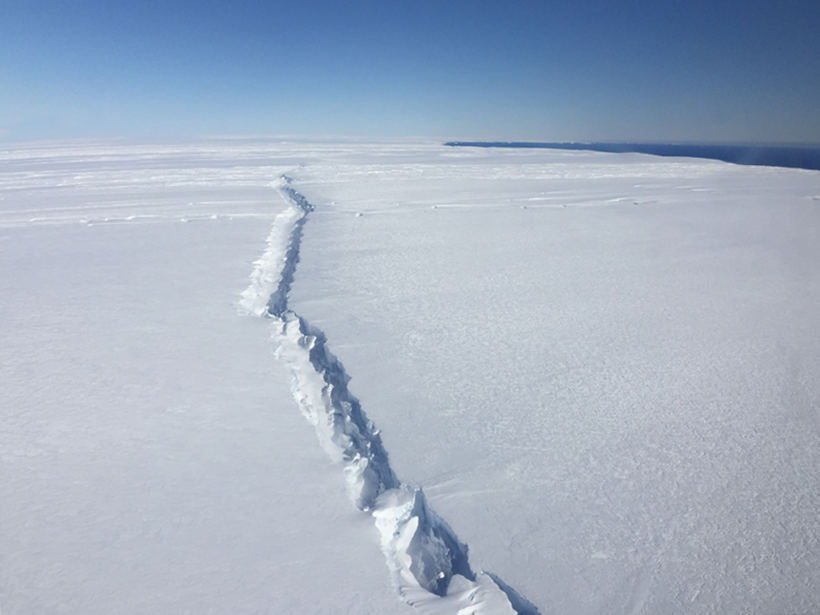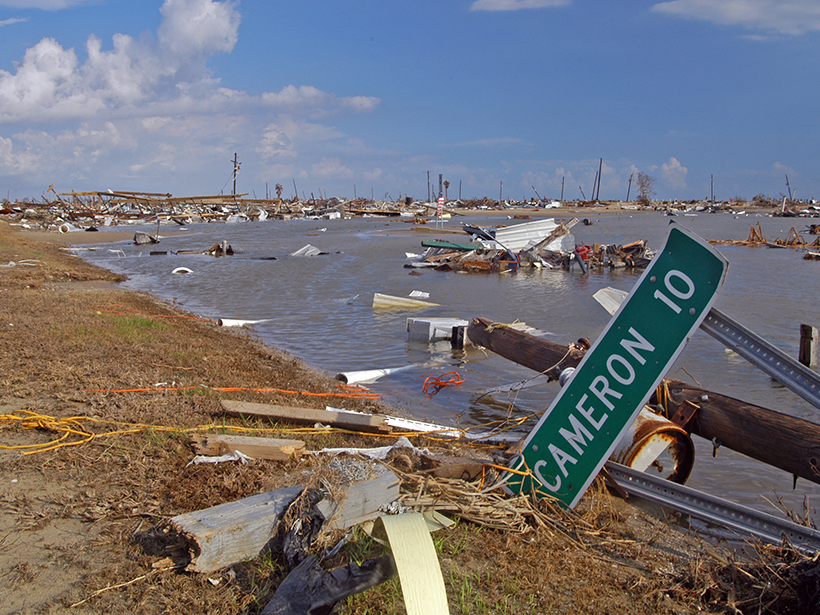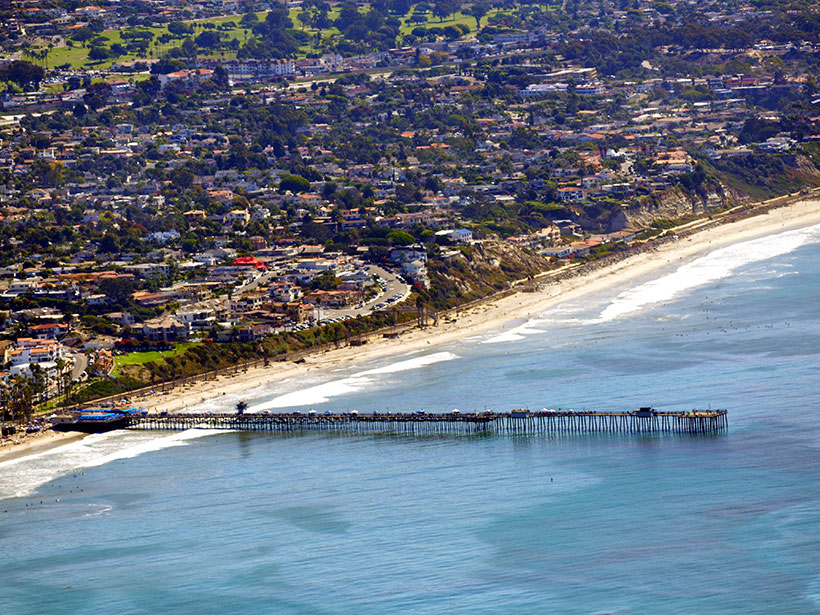Researchers trace the origin of a 2015 iceberg to a crack that formed deep beneath the ice.
sea level change
Why We Must Tie Satellite Positioning to Tide Gauge Data
Accurate measurements of changes in sea and land levels with location and time require making precise, repeated geodetic ties between tide gauges and satellite positioning system equipment.
A Quest to Put Sea Level Rise Data in Your Pocket
A new climate change app uses interactive data maps to engage users and prompt the exploration of questions related to changing sea levels and climate vulnerability.
Tide Gauge Records May Underestimate 20th Century Sea Level Rise
Tide gauges can help measure sea level change, but their limited locations and short records make it hard to pinpoint trends. Now researchers are evaluating the instruments' limitations.
Collaboration to Enhance Coastal Resilience
Integrating models from the social and natural sciences could generate a more holistic approach to climate change response planning in coastal communities.
Charting Ice Sheet Contributions to Global Sea Level Rise
An international team produced an integrated assessment of polar ice mass losses in 2012. Now efforts to provide an up-to-date assessment are under way, with an open invitation for participation.
Shift in Pacific Sea Level Trends Will Affect the West Coast
The first study on the shift toward higher sea levels in the eastern Pacific Ocean over the past 5 years indicates it will continue, leading to much higher seas on the western coasts of the Americas.
New Insights from 60 Years of Crevasse Research
Deep cracks in the ice may provide insight into glacier decay and help predict sea level rise.
Dirty Water: Unintended Consequence of Climate Resiliency
Scientists testing the quality of floodwater in a Florida city find potentially harmful bacteria.
New Methods Measure How Vertical Land Motion Affects Sea Level
Researchers demonstrate the value of combining GPS and satellite data on vertical motion of the Earth's surface with tide gauge measurements to track rising sea levels.









